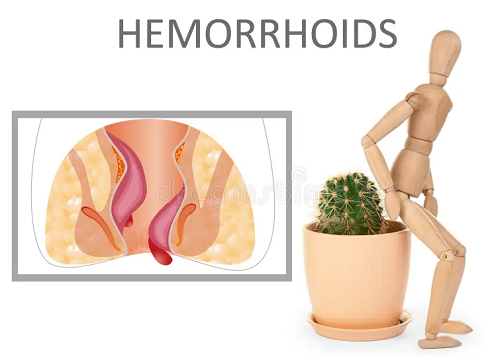
Best Piles Doctor in Andheri
Piles, which people refer to as hemorrhoids, occur when veins in the rectal or anal area become enlarged and inflamed. The condition can develop through two ways, which are internal development that occurs inside the rectum and external development that happens under the skin around the anus. The condition produces symptoms of discomfort and pain and itching and bleeding during bowel movements.
Dr. Atiq Shaikh possesses more than 8 years of surgical practice and he operates as the leading Piles Doctor in Andheri with his advanced treatment methods. His medical practice focuses on delivering modern surgical methods that use minimally invasive techniques and laser treatments to achieve reduced patient discomfort and rapid healing and extended treatment effectiveness. Dr. Shaikh delivers secure and customized piles treatment in Andheri, Mumbai through his dedication to patient care and his ability to diagnose conditions with accuracy.
Causes
- Straining during bowel movements is a primary cause, often due to constipation or diarrhea.
- Chronic constipation or diarrhea can increase pressure in the rectal area.
- Pregnancy can lead to increased pressure on the pelvic blood vessels.
- Obesity and a sedentary lifestyle can contribute to hemorrhoid development.
- Aging may weaken the supportive tissues in the rectal area.
Symptoms of Piles (Hemorrhoids)
Piles, also known as hemorrhoids, can cause discomfort and irritation in the anal region. Symptoms may vary depending on whether they are internal or external.
- Bleeding During Bowel Movements- Bright red blood seen on toilet paper or in the stool is one of the most common signs.
- Pain or Discomfort- Pain while sitting or passing stool, especially in external piles.
- Itching or Irritation - Persistent itching or burning sensation around the anus.
- Swelling Around the Anus - A painful lump or swelling near the anal opening.
- Mucus Discharge- Some patients may experience mucus discharge after passing stool.
- Feeling of Incomplete Bowel Movement- Sensation that stool has not completely passed.
If these symptoms persist, worsen, or cause severe pain or bleeding, medical evaluation is important.
Dr. Atiq Shaikh, with over 8 years of experience, is known as the Best Piles Doctor in Andheri, offering advanced laser and minimally invasive treatment for safe and effective relief.
Treatment of Piles
- Lifestyle modifications: Dietary changes with more fiber, increased water intake, and regular exercise.
- Topical creams and ointments: Over-the-counter products can provide relief from itching and discomfort.
- Sitz baths: Soaking the anal area in warm water for 15 minutes several times a day can ease symptoms.
- Medications: Doctor may prescribe suppositories or oral medications to reduce inflammation and pain.
- Procedures: Severe cases may require procedures like rubber band ligation, sclerotherapy, or surgical removal.
Why Choose Dr. Atiq Shaikh for Piles Treatment?
Dr. Atiq Shaikh, recognized as the Best Piles Doctor in Andheri, has over 8 years of experience in treating piles with advanced laser and minimally invasive techniques. He offers accurate diagnosis, personalized treatment plans, minimal pain procedures, faster recovery, and compassionate patient care for safe and effective results.
FAQs
Q.1. What are piles?
Piles (hemorrhoids) are swollen veins in the rectum or anus that cause pain, bleeding, itching, or discomfort during bowel movements.
Q.2. What are the main causes of piles?
Common causes include chronic constipation, prolonged sitting, straining during bowel movements, pregnancy, obesity, and a low-fiber diet.
Q.3. When should I consult a doctor for piles?
You should consult a doctor if you experience persistent bleeding, severe pain, swelling, or if symptoms do not improve with home remedies.
Q.4. Is piles treatment painful?
Modern treatments like laser piles surgery are minimally invasive, cause less pain, minimal bleeding, and allow faster recovery compared to traditional surgery.
Q.5. How long does it take to recover after piles surgery?
Recovery after laser treatment is usually quick. Most patients can return to normal activities within a few days.
Q.6. Can piles come back after treatment?
Yes, piles can recur if lifestyle changes are not maintained. A high-fiber diet, proper hydration, and avoiding straining help prevent recurrence.
Q.7. Who is the Best Piles Doctor in Andheri?
Dr. Atiq Shaikh, with over 8 years of experience, is known as the Best Piles Doctor in Andheri, providing advanced and patient-focused treatment options.
